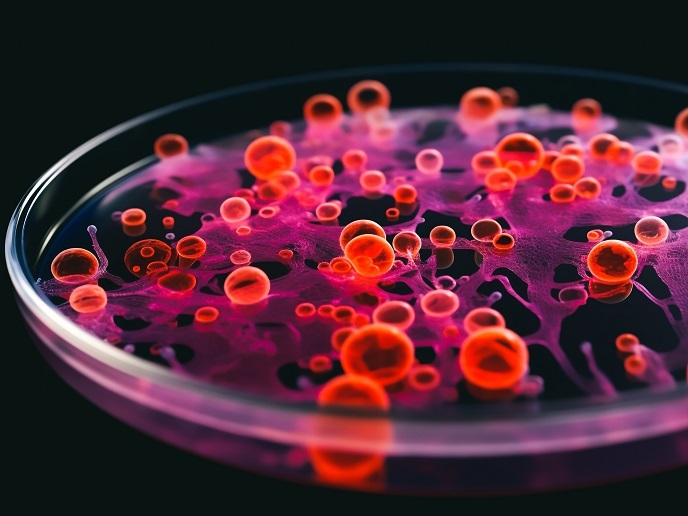Ensuring ethics and integrity in organoid research
Scientific research continues to advance, opening new perspectives on disease research and delivering innovative new treatments. But with these advances come new issues of ethics and integrity. Take organoids, for example. These miniaturised and simplified versions of organs are produced in laboratories, and can be grown using human cells, typically stem cells. The question is, are organoids subjects or objects? “This distinction is important, as scientific research has traditionally been governed by a dualistic ethical framework, with different requirements being applied for the study of objects versus animals or human participants,” explains Søren Holm, a professor of Bioethics at the University of Oslo in Norway. Organoids challenge our traditional understanding of biological entities, in particular neural organoids and embryo models, which raise contentious ethical issues. Trying to make sense of this uncertainty is the EU-funded HYBRIDA project. The project is investigating the ethical and integrity issues raised by new organoid technologies and proposing solutions for addressing these issues.
Uncertain regulatory environment
At the heart of the project was an intense investigation of the ontological, moral and legal status of organoids. This involved philosophical analysis and comparative legal analysis of the status of organoids in EU legislation, as well as in EU Member States and selected foreign jurisdictions. This was combined with stakeholder engagement events with experts, and with citizens in three EU countries. Holm says the biggest challenges the project faced was dealing with the very rapid scientific developments in the field, and the implications of an uncertain regulatory environment. “Addressing these issues took a lot of time and effort but was helped considerably by the project team having some very insightful organoid researchers and some philosophers who were really interested in science,” he says.
Guidelines for organoid research
The HYBRIDA team successfully identified different forms of conceptual uncertainty found across organoid research. They also gained a better understanding of the worries, fears and expectations of the general public, vulnerable groups, patients, donors and civil society organisations. A thorough mapping of existing regulatory, ethics and integrity frameworks regarding organoid research and similar technologies has been conducted in Europe and beyond followed by a comparative analysis. Based on these findings, the project produced a number of important outcomes, including operational guidelines on organoids and organoid-related technologies, a Code for Responsible Conduct for Researchers on Organoids and related fields (currently in the process of being implemented by the European Bank for induced pluripotent Stem Cells, and a complement to the ALLEA European Code of Conduct for Research Integrity (ECoC) to embed the ethical dimension of organoids-based research and related technologies. HYBRIDA guidelines and the work done to enhance the existing ethics and normative frameworks will greatly support the work of research ethics committees, associated integrity bodies, research organisations and the general public that address concerns and challenges related to organoid research studies and practice. The work also contributed to the publication of several peer-reviewed articles.
Tools to help improve integrity
The HYBRIDA project demonstrates the possibility of developing implementable tools to help researchers improve integrity in their research. “Not only has our work contributed to ensuring integrity in organoid research, it will also help guide further regulatory developments in the field,” concludes Holm.
Keywords
HYBRIDA, organoid research, ethical code of conduct, scientific research, organoids, stem cells, embryo models, ethics, integrity







